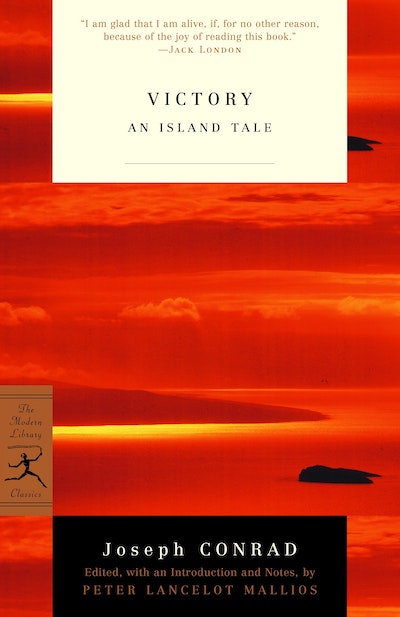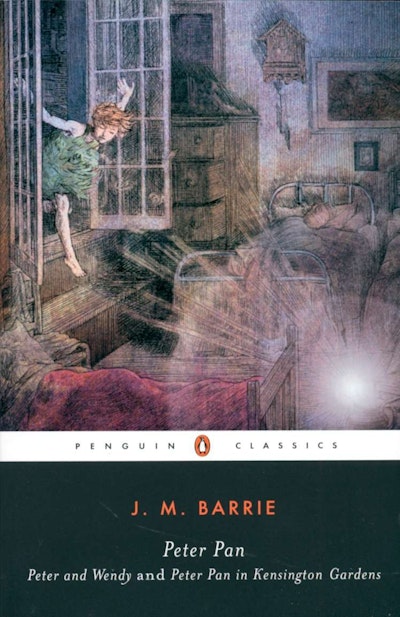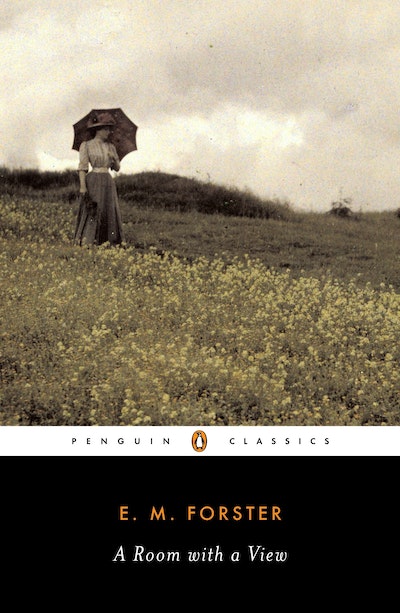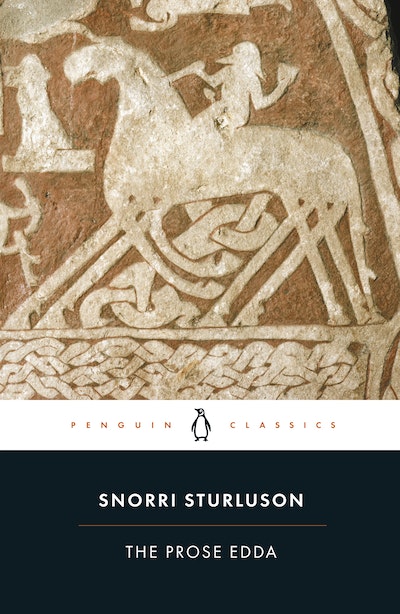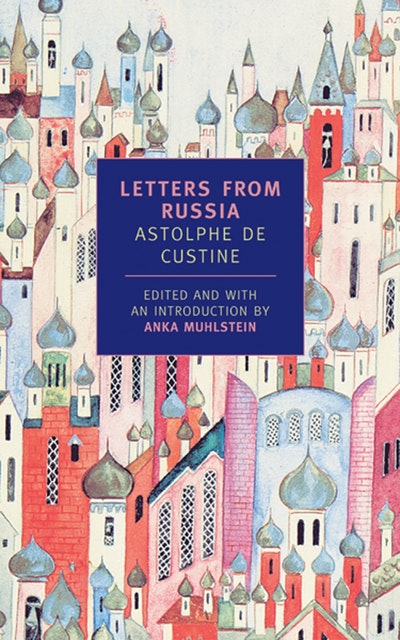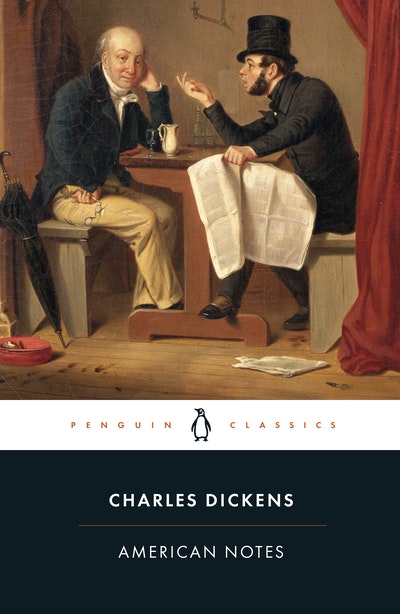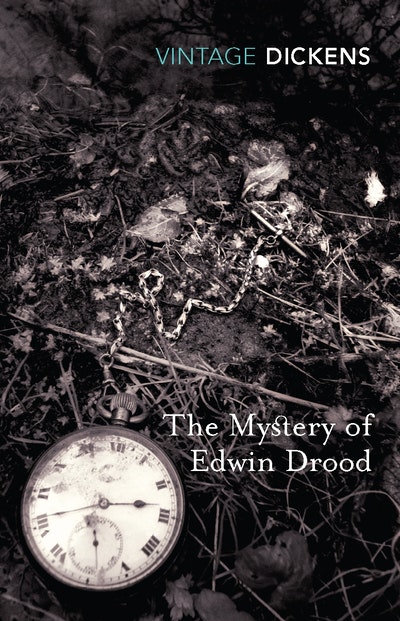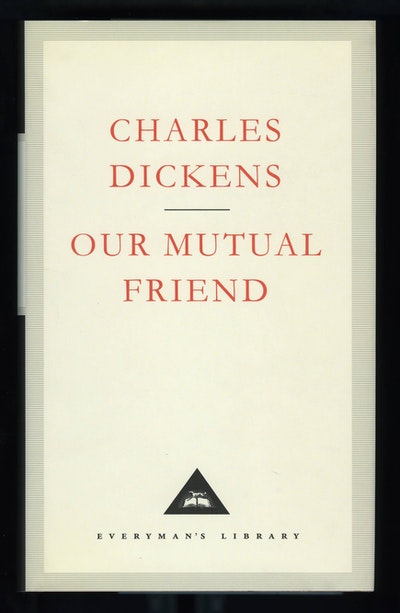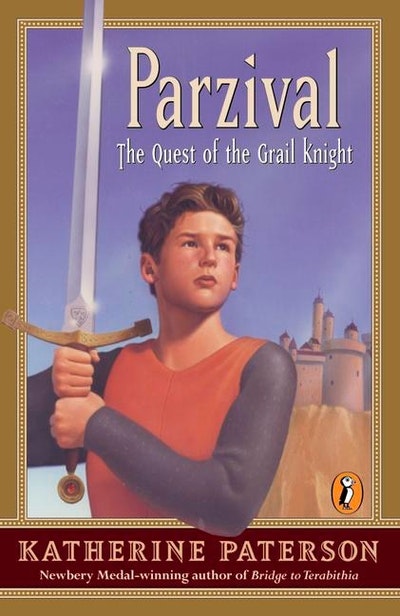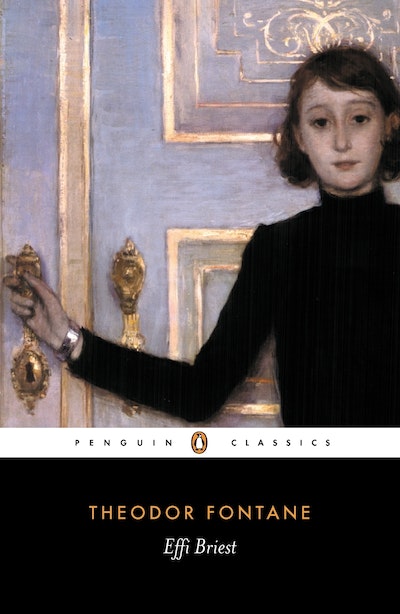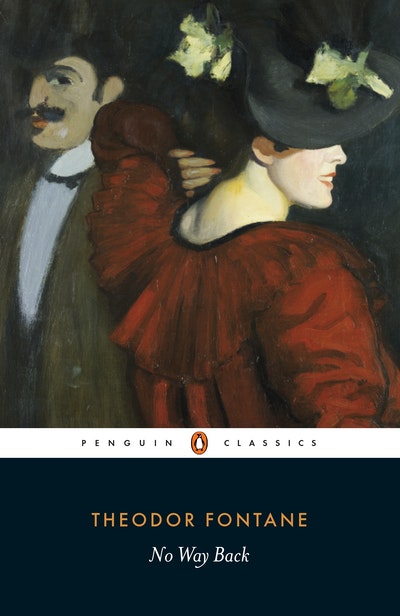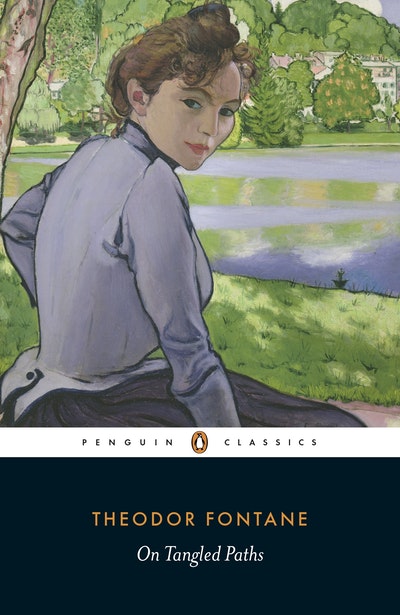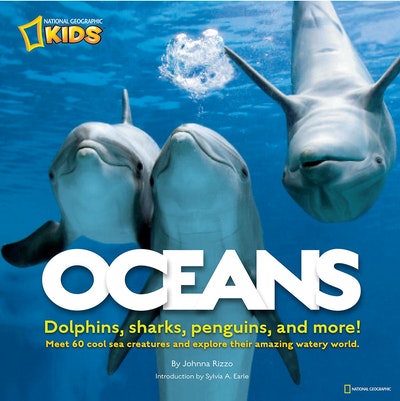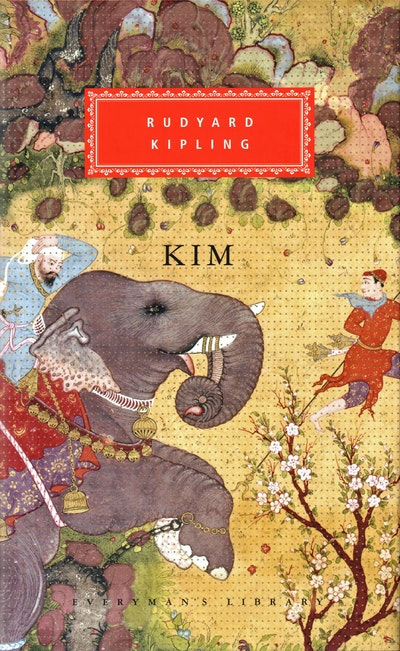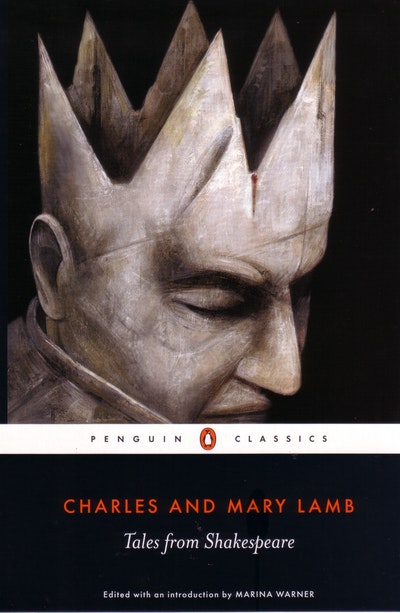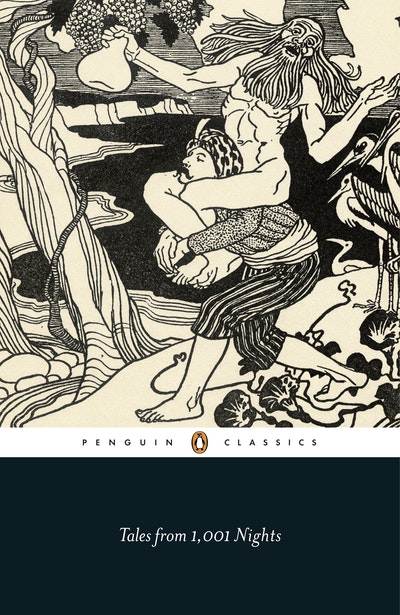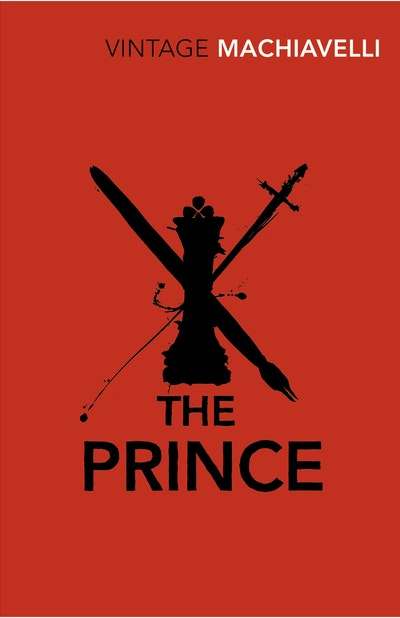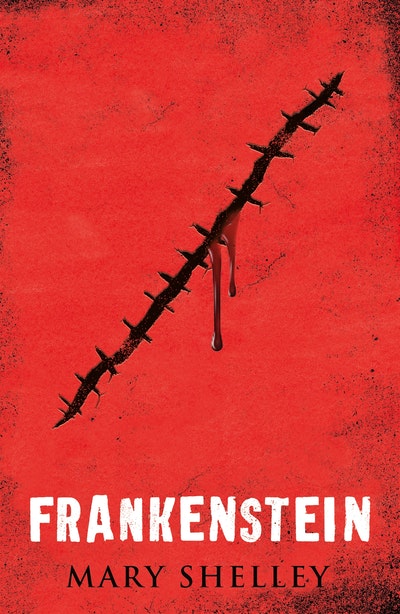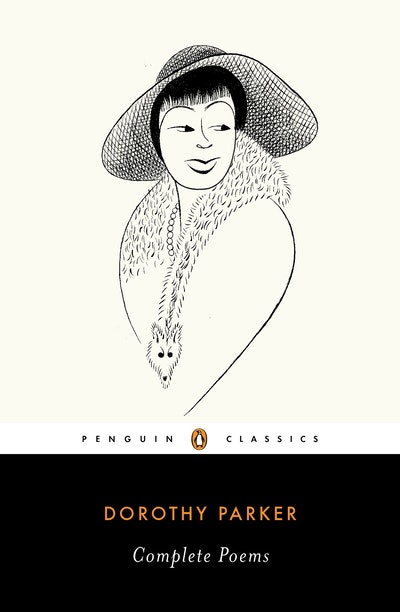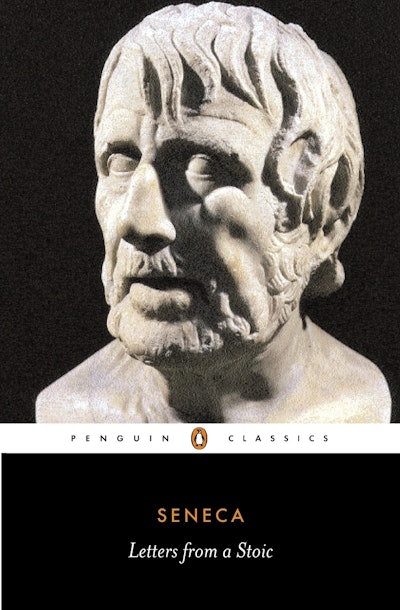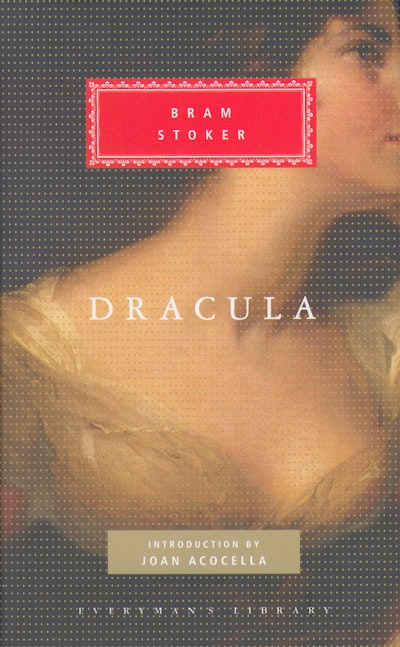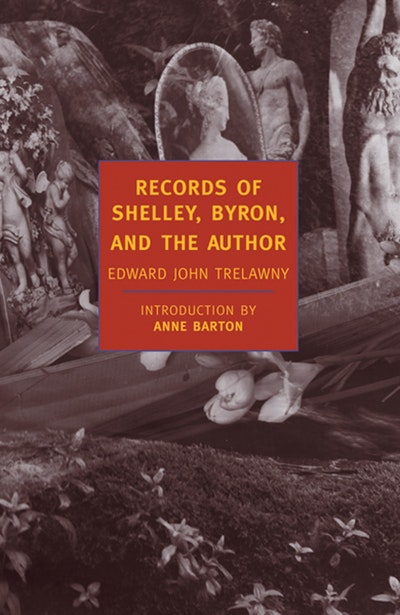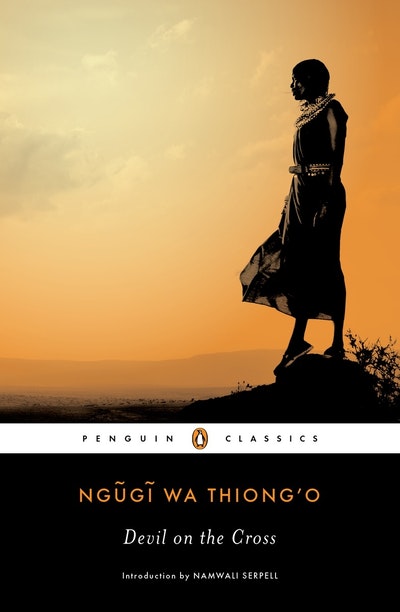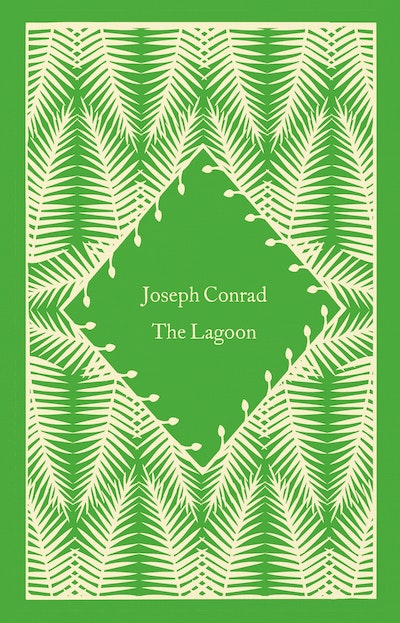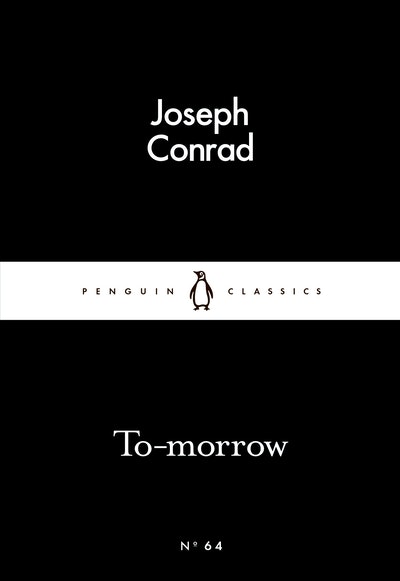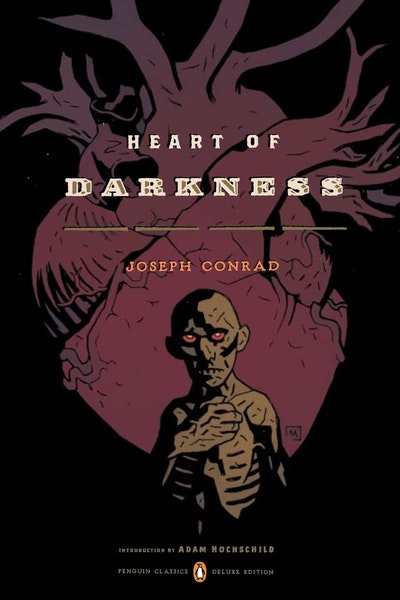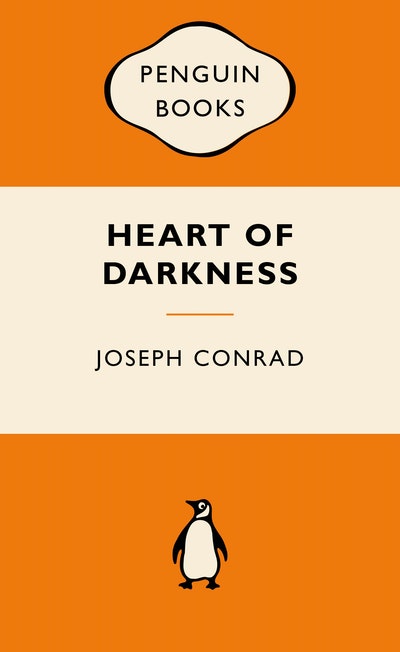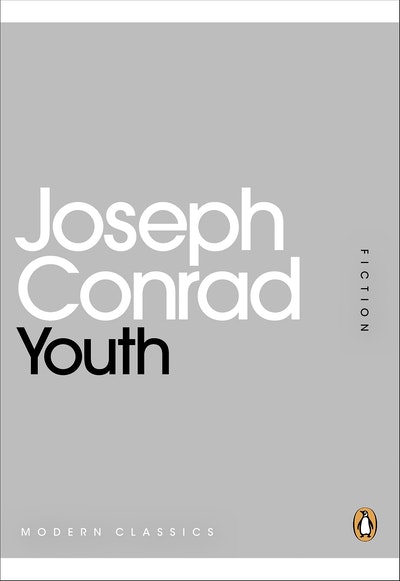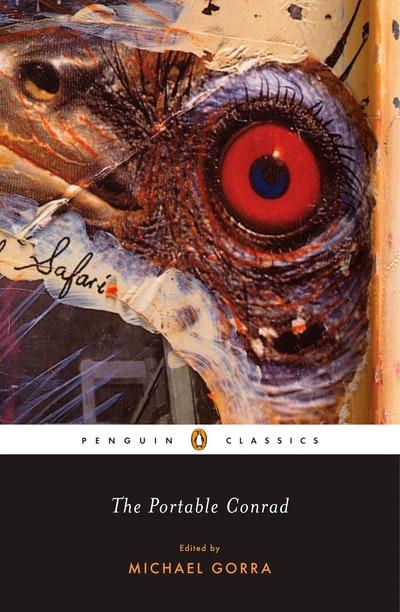- Published: 15 August 2003
- ISBN: 9780375759086
- Imprint: Random House US Group
- Format: Paperback
- Pages: 432
- RRP: $32.99
Victory
An Island Tale
Conrad's last great novel, featuring one of his most fascinating heroes, Victory is a psychological thriller, a tragic romance and a commentary on the lies that we tell ourselves.
Set in the islands of the Malay Archipelago, Victory tells the story of a disillusioned Swede, Axel Heyst, who rescues Lena, a young English musician, from the clutches of a brutish German hotel owner. Seeking refuge at Heyst’s remote island retreat on Samburan, the couple is soon besieged by three villains dispatched by the enraged hotelier. The arrival on the island paradise of this trio of fiends sets off a terrifying series of events that ultimately ends in catastrophe.
“With Victory, Conrad inaugurated a new style and aesthetic,” writes Peter Lancelot Mallios in his Introduction. “The tremendous literary sophistication to be found in Victory does not result in the exclusion of the popular reader.”
The text of this Modern Library Paperback Classic was set from the first British edition, published by Methuen & Co. in 1915.
- Published: 15 August 2003
- ISBN: 9780375759086
- Imprint: Random House US Group
- Format: Paperback
- Pages: 432
- RRP: $32.99
Other books in the series
About the author
Józef Teodor Konrad Nalecz Korzeniowski was born in the Ukraine on 3 December 1857. His parents were Polish and had both died in exile by the time Conrad was eleven. His uncle then became his guardian and looked after him in Krakow until he was sixteen when he went to sea and sailed on French and British ships. He was made British citizen in 1886 and changed his name to Joseph Conrad. In 1889 Conrad visited the Congo and his experiences there inspired Heart of Darkness. In 1894 he published his first novel, Almayer's Folly and went on to write nineteen more as well as many short stories, essays and a memoir. In 1896 he married Jessie George and they later had two sons. Conrad died on 3 August 1924.
Joseph Conrad (originally Józef Teodor Konrad Nalecz Korzeniowski) was born in the Ukraine in 1857 and grew up under Tsarist autocracy. His parents, ardent Polish patriots, died when he was a child, following their exile for anti-Russian activities, and he came under the protection of his tradition-conscious uncle, Thaddeus Bobrowski, who watched over him for the next twenty-five years.
In 1874 Bobrowski conceded to his nephew's passionate desire to go to sea, and Conrad travelled to Marseilles, where he served in French merchant vessels before joining a British ship in 1878 as an apprentice.
In 1886 he obtained British nationality and his Master's certificate in the British Merchant Service. Eight years later he left the sea to devote himself to writing, publishing his first novel, Almayer's Folly, in 1895. The following year he married Jessie George and eventually settled in Kent, where he produced within fifteen years such modern classics as Youth, Heart of Darkness, Lord Jim, Typhoon, Nostromo, The Secret Agent and Under Western Eyes.
He continued to write until his death in 1924. Today Conrad is generally regarded as one of the greatest writers of fiction in English - his third language. He once described himself as being concerned 'with the ideal value of things, events and people'; in the Preface to The Nigger of the 'Narcissus' he defined his task as 'by the power of the written word ... before all, to make you see'.
